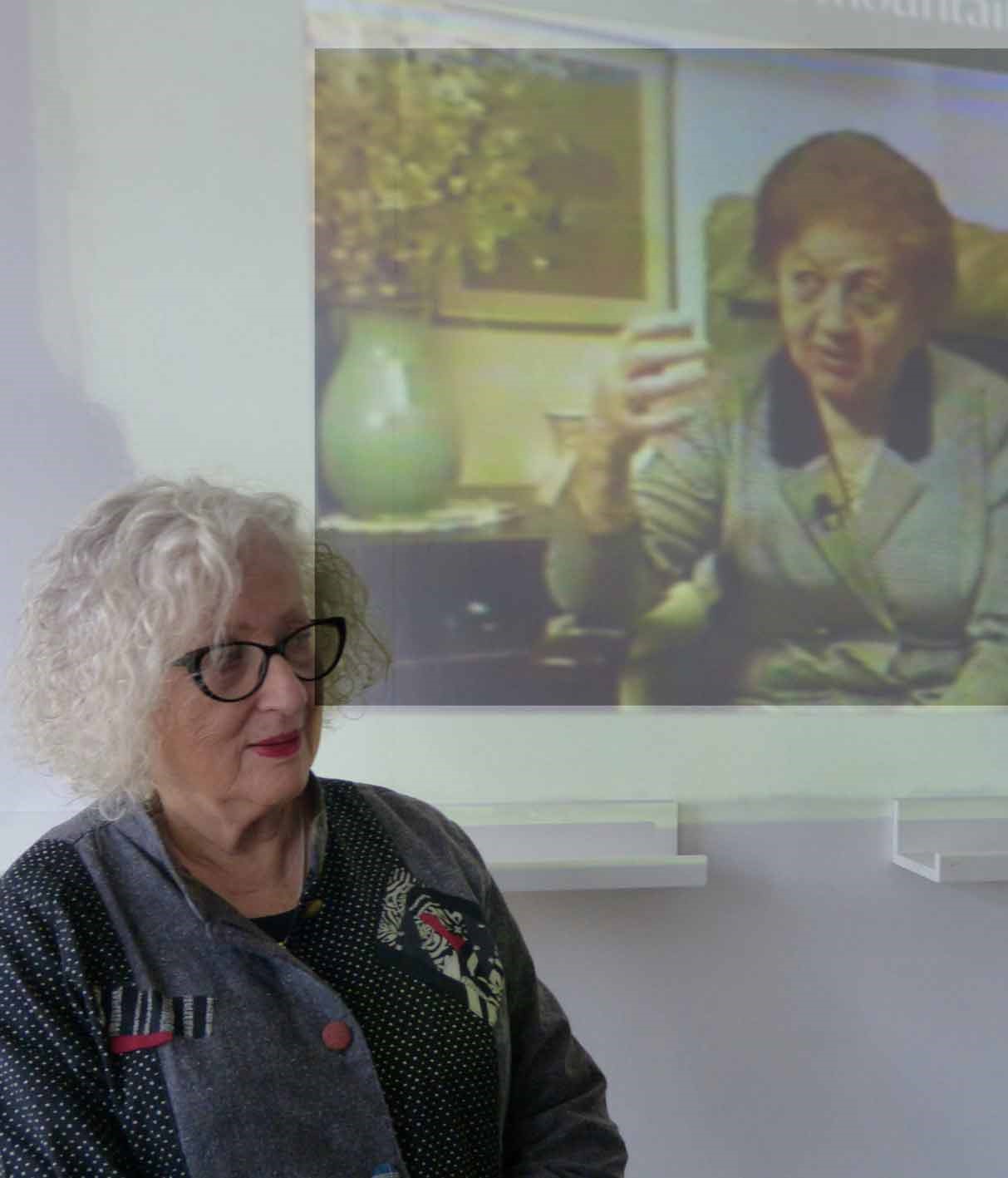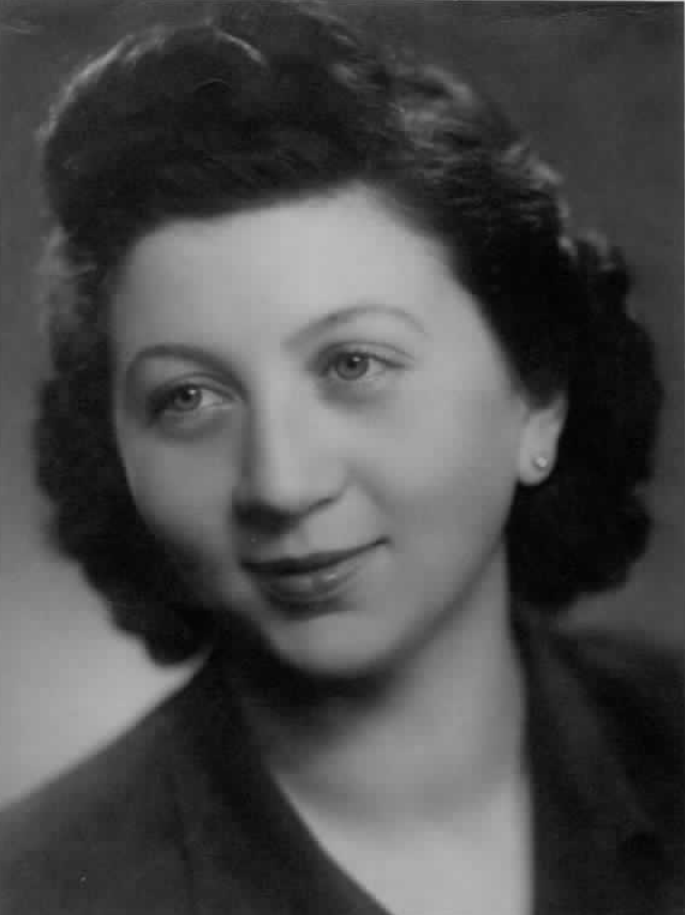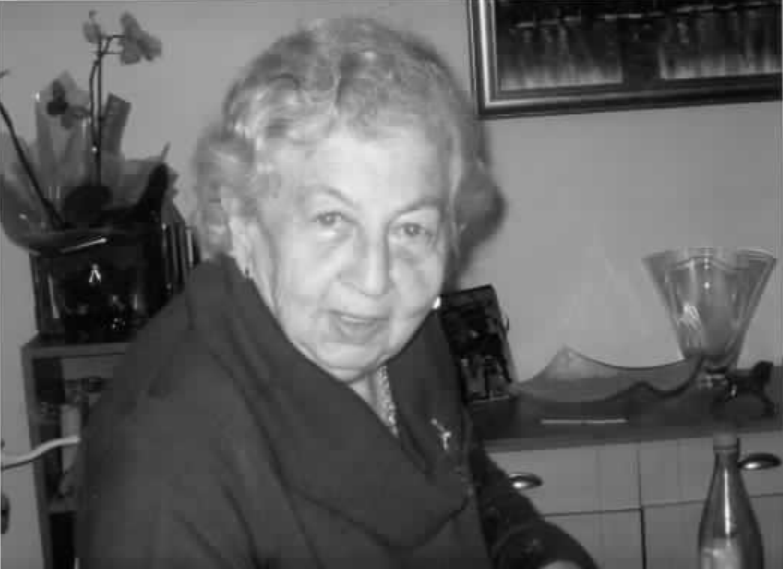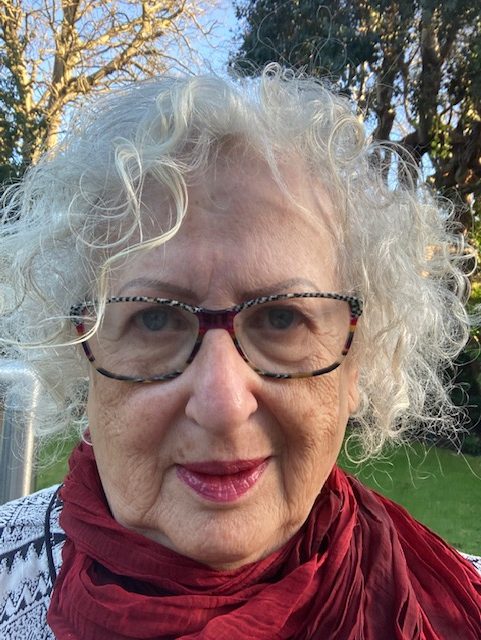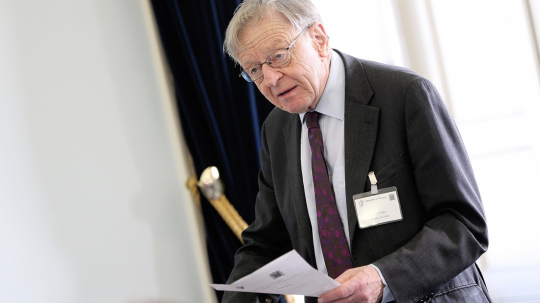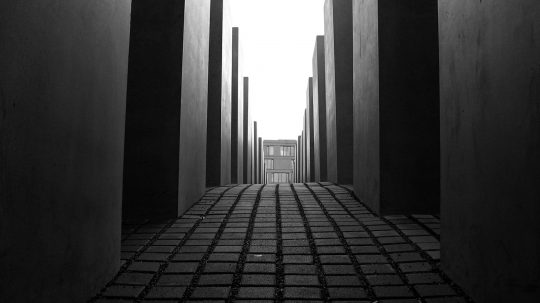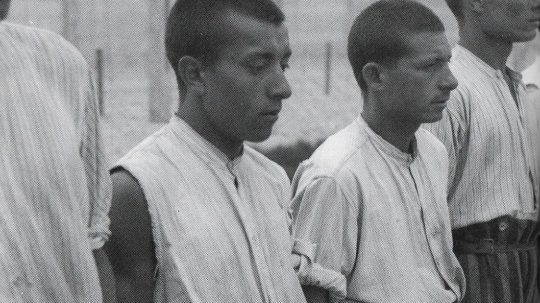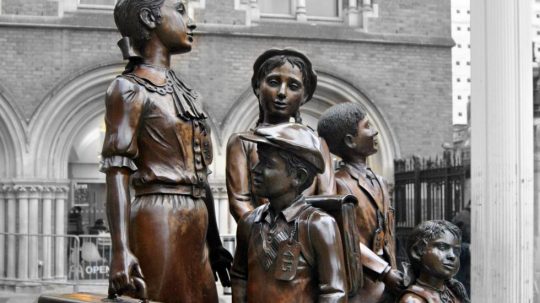In the run-up to Holocaust Memorial Day 2022, EachOther is publishing a series of articles on genocide and human rights, starting with this piece by Vera Bernstein about passing Holocaust testimony from generation to generation.
How do we ensure that the lessons of the Holocaust are learned and that we challenge anti-semitism, discrimination and racism in all its forms? Generation 2 Generation (G2G) is doing just that, enabling second and third generations to continue telling their families’ stories.
As a second-generation survivor, Holocaust education has always been important to me. For several years, I was involved in facilitating Holocaust Learning UK workshops organised by Northwood Synagogue, teaching young people what racial discrimination led to in Europe during the Second World War. These events always focused on listening to a survivor relating their experiences. Today, there are also many descendants of survivors ready to carry these stories forward. I am one of these descendants.
My mother, Alice, avoided deportation from Slovakia to Auschwitz and survived with her husband by going into hiding. Her father, Adolph, and sister, Edith, were not so lucky. Her mother, Adele, survived under a false name in a public prison in Budapest. Alice did not tell her story in public, but she recorded two hours of video testimony with the Spielberg Foundation in 1997 at the age of 76. In 2018, G2G asked me to assemble materials and information and prepare an illustrated talk using extracts from Alice’s testimony. It was important that my presentation be engaging and historically accurate and that the audience should see and hear a survivor.
I chose clips of her testimony and selected family and historic photos. Then the real work started for me, as I had to write a narrative to join up the photos and clips. Experts helped improve my presentation skills and I gained confidence through practice with friends, who gave me feedback. When I was finally ready to present in person, the pandemic struck and I had to adapt my presentation for Zoom. That meant shortening the talk and speaking without immediate eye contact with a live audience. All along, I was supported by G2G, either by group training or individually.
I was emotionally attached to every bit of the story. To start with, it was strange to listen to my mother’s voice and see her looking at me from the screen, years after her passing. It was difficult to shorten the talk from a first cut of 55 minutes to just 40. I felt that I ought to talk not only about her own survival and that of her mother but also about how her sister and her father were murdered, but how do you do justice to all their stories in just 40 minutes? While it wasn’t feasible to cover all their stories in detail, I feel that the final version honours them in a meaningful way.
In 2021, I presented to several groups, including Brighton University Faith and Spirituality Group and the University of the Third Age, among others. The most challenging presentation was to the Care Quality Commission in January 2021, to an audience of 200+ screens, where I was asked some challenging questions on ‘God and punishment’. In January and February 2022, I will be delivering my talk eight times to a variety of organisations, such as Haberdashers Aske’s Boys’ School and Hertfordshire Library Services.
I would encourage anyone with a story to write it down, if not for the public then for their relatives. No one could make up these stories. I found the experience cathartic, connecting me to my parents and to the relatives that I never met because of the Holocaust.
I am grateful to my mentor and others from G2G who supported me from the very beginning in preparing a presentation of which I’m proud. Today, G2G has 21 second and third-generation speakers ready to tell a range of Holocaust stories, integrating first-hand survivor testimony. Demand to become a speaker and to host a speaker is high. From January to March, G2G speakers are booked to deliver more than 140 presentations (a four-fold increase in the space of a year), with bookings continuing throughout 2022.
I hope that, in a small way, my presentation will fulfil its purpose, making my audiences aware that the Holocaust was not a hoax and our human rights are not to be taken for granted. More than 120 of my relatives were murdered and don’t have a grave. Through my presentation, some of their stories are now commemorated and I can contribute to the ongoing fight against hatred.
The views expressed in this article are those of the author and do not necessarily reflect the views of EachOther.
Every month, Generation 2 Generation holds online events where G2G speakers tell their families’ Holocaust stories and learn from other organisations with similar goals. On 10 February, G2G, in collaboration with René Cassin and Stop Uyghur Genocide, will be hosting a conversation between a Holocaust survivor, his granddaughter and a Uyghur family: ‘The Holocaust, Uyghur Genocide and our moral responsibility today’. You can sign up for the event here.
_____________________
Stories of Genocide: Lessons for Today – EachOther’s forthcoming documentary
On 27th January, Holocaust Memorial Day, EachOther will release ‘Stories of Genocide: Lessons for Today’, a documentary that tells the powerful stories of genocide survivors, and explores some of the ways their messages are being preserved and passed on to future generations.

